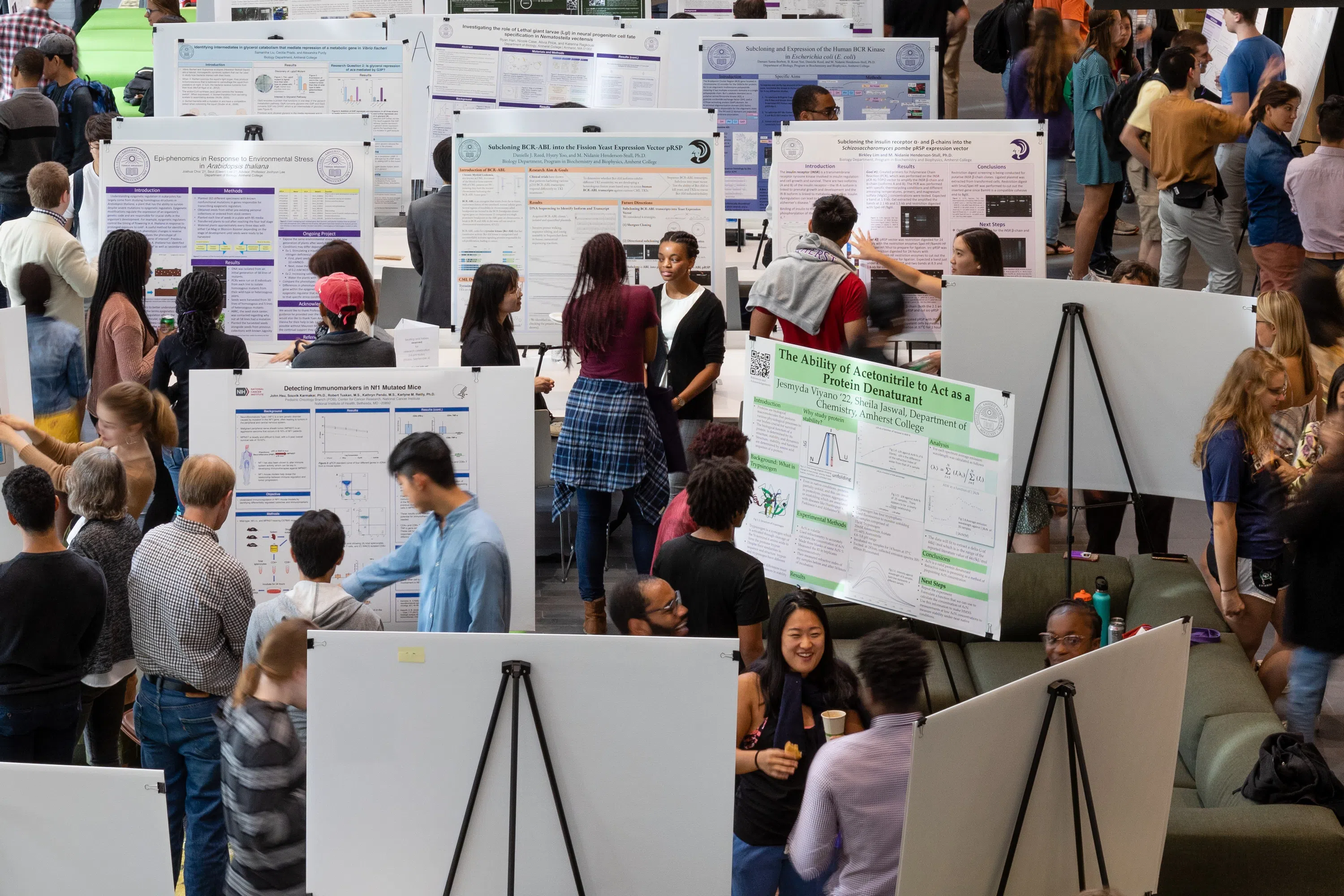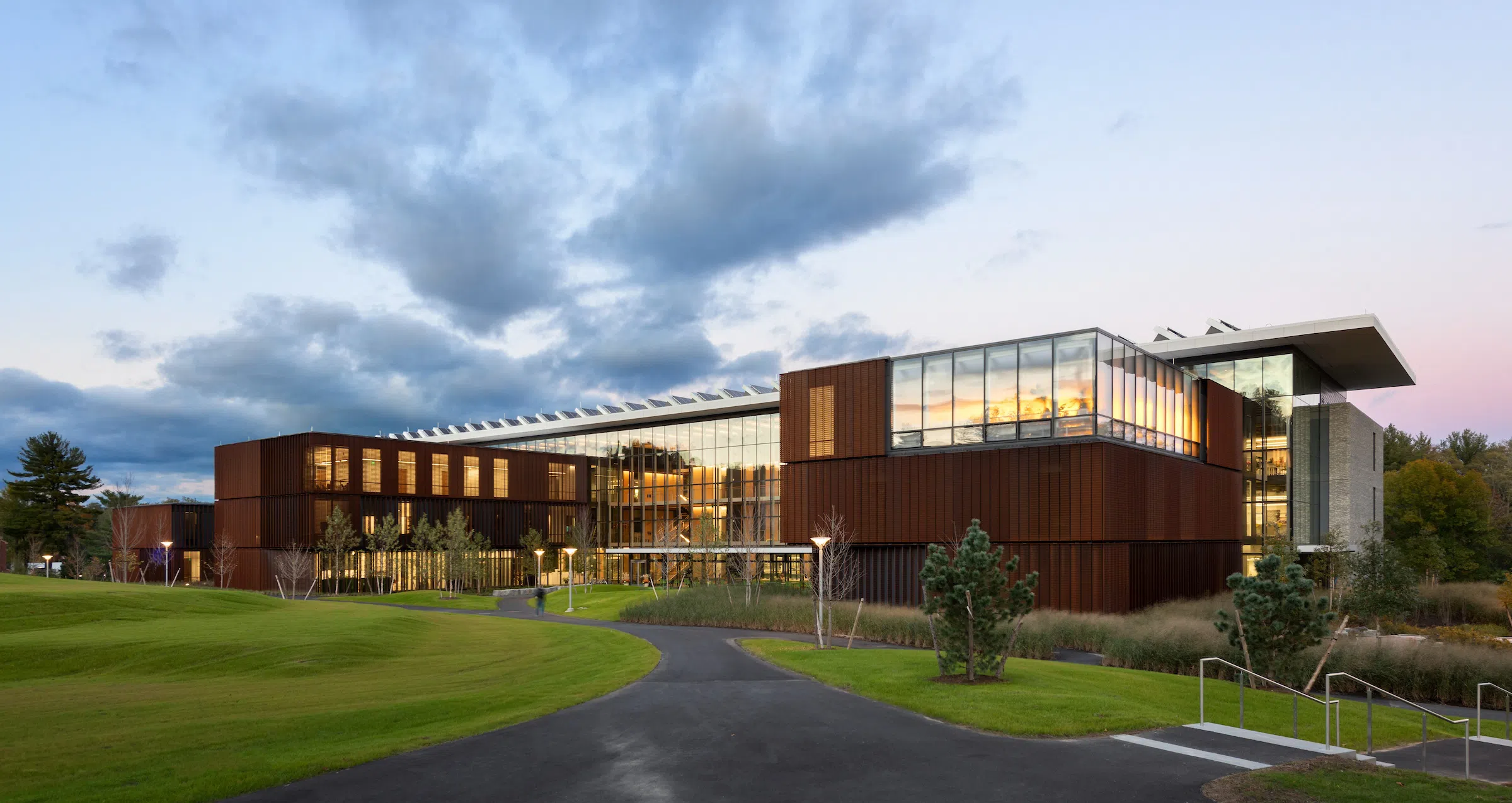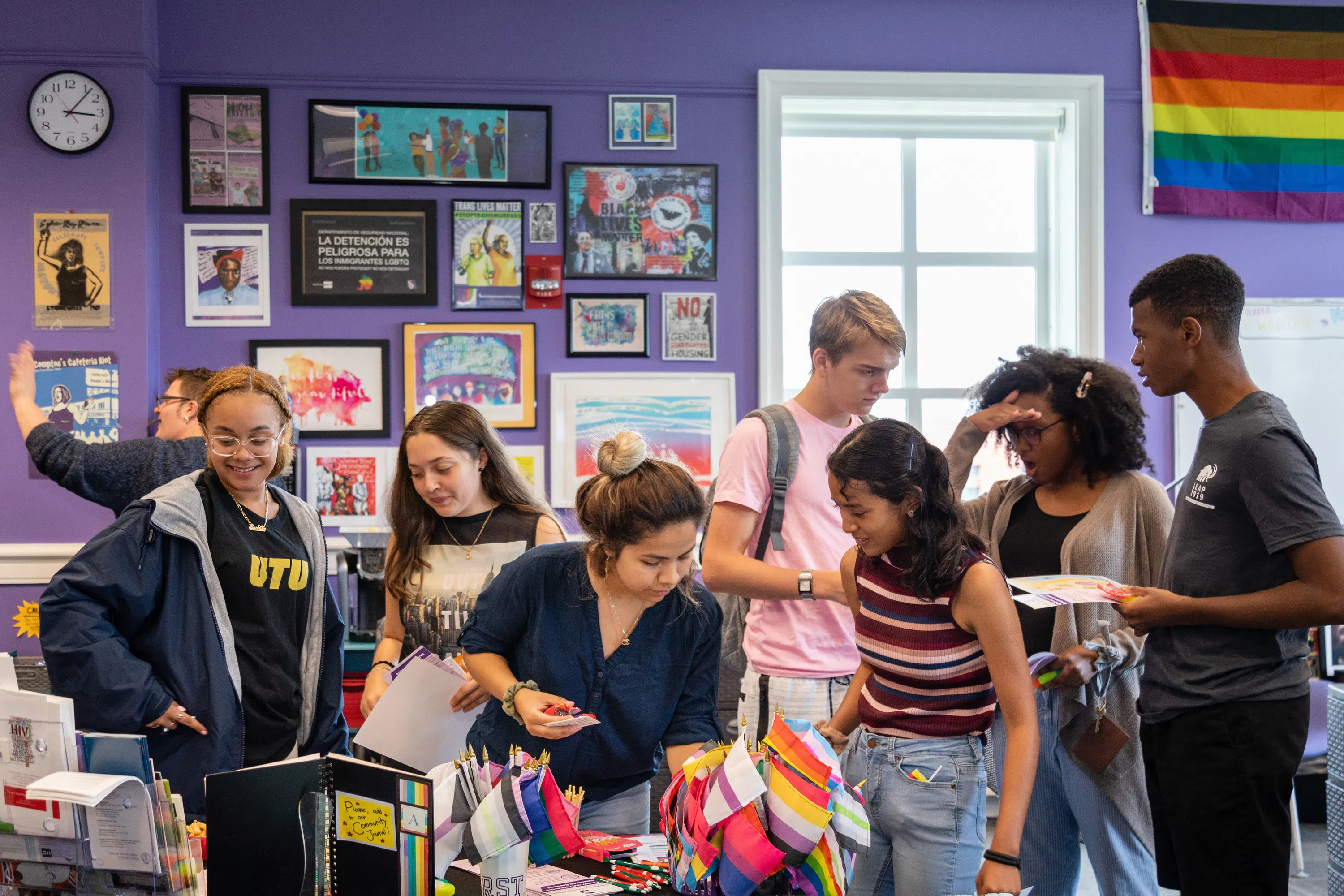Media Gallery
Research
⭐ Research
How will you learn research skills at Amherst? By doing hands-on work in close collaboration with faculty and with other students, either one-on-one or in small teams. Opportunities to engage in research begin during the first year and often culminate in an honors thesis during the student’s final year. Students receive funding to perform their work and, in many cases, to travel to research sites around the world.
SURF
The Summer Science Undergraduate Research Fellows (SURF) program provides opportunities for Amherst College students to immerse themselves in hands-on, collaborative science research projects over the summer.
Research fellows work closely with their faculty mentors to design and execute their research projects, and all fellows take part in group educational and social activities. In early fall, fellows present their findings at Amherst’s annual poster session and are encouraged to present their work at a regional or national conference.
Research fellows work closely with their faculty mentors to design and execute their research projects, and all fellows take part in group educational and social activities. In early fall, fellows present their findings at Amherst’s annual poster session and are encouraged to present their work at a regional or national conference.
Schupf Fellows Program
The Schupf Fellows Program, beginning in 2021, will support cohorts of 20 or more students with stipends for one or two summers of intensive research in the arts, humanities or social sciences. Students will be selected in a competitive process and can work on an original project, work with a faculty member on their existing research, or conduct collaborative research with a group of students and a faculty member. Faculty members will provide mentoring, and students will also participate in programming designed to help them bond and progress on their academic, professional and personal paths. Students will present their work to the campus community following the summer research, and may participate in undergraduate research conferences hosted at Amherst, organized and led by the fellows.
Research Tutorials
Research Tutorials in the Humanities and “Humanistic” Social Sciences allow sophomores and juniors to engage in substantive research with faculty, while studying in tutorials of no more than six students. Tutorials are led by Austin Sarat, professor of jurisprudence and political science, on America’s death penalty as a researchable subject; Edward Melillo, professor of history and environmental studies, on Pacific Islanders in the 19th century; and Jeffers Engelhardt, professor of music, on the sonic and social dynamics of people singing together.
By exploring how different scholars approach a topic, students in research tutorials learn to frame a research question, develop research strategies, and identify and use sources. Students pursue a research topic that dovetails closely with the professor’s scholarly interests and are guaranteed funding for six weeks to continue this work during the summer following the academic year in which they take the course.
By exploring how different scholars approach a topic, students in research tutorials learn to frame a research question, develop research strategies, and identify and use sources. Students pursue a research topic that dovetails closely with the professor’s scholarly interests and are guaranteed funding for six weeks to continue this work during the summer following the academic year in which they take the course.
Mellon Mays Undergraduate Fellowship
The Mellon Mays Undergraduate Fellowship program addresses the problem of Black and brown underrepresentation among college and university faculty by funding and mentoring selected undergraduates’ research on their way to careers in academia. MMUF alums go on to diversify institutions of higher education—not only with their presence but also by contributing to scholarship in which underrepresented voices have been historically silenced.
Gregory S. Call Undergraduate Research Program
The Gregory S. Call Undergraduate Research Program provides funding for senior thesis research. Many students choose to write a senior honors thesis, original work that allows the student to delve deeply into an area of interest, mentored by a faculty member. Regardless of discipline, students can obtain funding through the Gregory S. Call Student Research Award program to begin their thesis research in the summer before their senior year, as well as funds to support archival research, and—in the case of a music composition, theatrical work or artistic project—funds for supplies.
The program also supports student research during the academic year, including travel support for honors thesis work and scientific research. Additional funds (the Alpha Delta Phi Fund and the David P. Patchel Memorial Fund) support senior projects in the humanities and social sciences, including senior essay writing, production projects and other comparable independent projects in literary studies, creative writing, theater and dance, or film.
The program also supports student research during the academic year, including travel support for honors thesis work and scientific research. Additional funds (the Alpha Delta Phi Fund and the David P. Patchel Memorial Fund) support senior projects in the humanities and social sciences, including senior essay writing, production projects and other comparable independent projects in literary studies, creative writing, theater and dance, or film.
STEM Incubator Project
The STEM Incubator Project aims to hatch new scientists from underrepresented backgrounds and provide them with the tools necessary to succeed in science, technology, engineering and mathematics. In 2020, 18 rising sophomores got an in-depth introduction to STEM research during six weeks of working with 14 faculty and staff members in a pilot of the Incubator Project.
Engaged Research Program
The Engaged Research Program supports juniors pursuing community-engaged research or place-based research for a senior thesis or capstone project during the summer before their senior year. Stipends of up to $5,500 will be awarded.
Varmus International Fellows Program
The Varmus International Fellows program supports Amherst College students pursuing independent scholarly work, approved by a faculty sponsor, in any field outside of the United States for a period of between 12 weeks and 6 months. Stipends of $8,250 will be awarded for projects in 2021.
Amherst-Folger Undergraduate Fellowship Program
The Amherst–Folger Undergraduate Fellowship program began in 1996 and awards as many as six student fellowships each year, enabling Amherst students to explore the collections of one of the world’s premier research libraries—the Folger Shakespeare Library in Washington, D.C. The program takes an expansive view of research and has included projects not only in English and history, but in anthropology, psychology, art, music, Black studies, digital humanities, Asian studies, political science and Statistics. The fellowship program is overseen at Amherst by the Center for Humanistic Inquiry, with funds provided by the Friends of the Amherst College Library.
Summer Bridge Research Institute
The Summer Bridge Research Institute introduces participants to research traditions, approaches and procedures in the humanities and social sciences. The goal is to help students develop their research skills and to provide the building blocks for further coursework and careers for which research and research skills are essential. This six-week program provides a remarkable opportunity for sustained exploration of the way humanists and social scientists think about research. Fellows of the Summer Institute work independently and collectively in close concert with faculty mentors.


